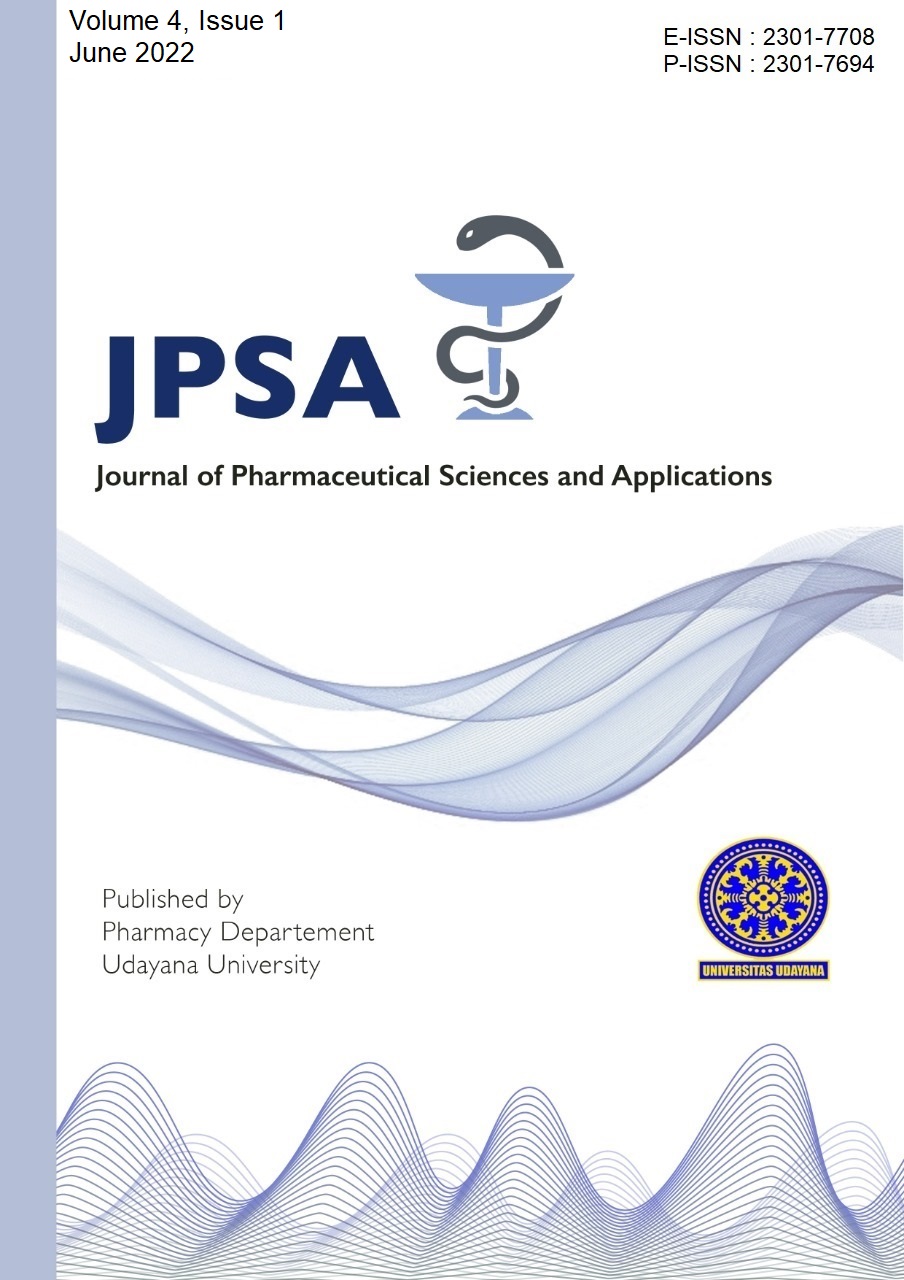THE POTENTIAL OF FRANGIPANI FLOWER EXTRACT (Plumeria alba L.) AS AN ANTIBACTERIAL
A LITERATURE REVIEW
Abstract
Background: Bacteria develop naturally in the human body to aid in protecting the individual. Antibiotic resistance is quickly increasing and is becoming a global health concern. In this situation, the risk of synthetic antibiotic resistance against bacterial infections makes it critical to find alternative medications that are safe, easy to obtain, and better than synthetic antibiotic alternatives. The frangipani plant is one of the medicinal plants used in traditional medicine as an antibacterial. The frangipani plant possesses antibacterial properties comparable to broad-spectrum medicines against uro-gastro pathogens. Objective: The purpose of this study was to determine the activity of the frangipani flower as an antibacterial. Methods: studying literature from various databases, websites, national journals, and relevant international journals to identify frangipani flowers with antibacterial activity. Results: Results showed that frangipani flowers have antibacterial activity against gram-positive and gram-negative bacteria because frangipani flowers contain various antibacterial chemical components, such as terpenoids, saponins, phenols, flavonoids, tannins, and essential oils. Conclusion: Frangipani flowers have the potential to an antibacterial against gram-positive and gram-negative bacteria.
Keywords: Frangipani flower, Antibacterial, Bacteria
Downloads

This work is licensed under a Creative Commons Attribution 4.0 International License.
Authors who publish with this journal agree to the following terms:
Authors retain copyright and grant the journal right of first publication with the work simultaneously licensed under a Creative Commons Attribution License that allows others to share the work with an acknowledgment of the work's authorship and initial publication in this journal.
Authors are able to enter into separate, additional contractual arrangements for the non-exclusive distribution of the journal's published version of the work (e.g., post it to an institutional repository or publish it in a book), with an acknowledgment of its initial publication in this journal.
Authors are permitted and encouraged to post their work online (e.g., in institutional repositories or on their website) prior to and during the submission process, as it can lead to productive exchanges, as well as earlier and greater citation of published work. (See The Effect of Open Access).

This work is licensed under a Creative Commons Attribution 4.0 International License.


 HOME
HOME
















